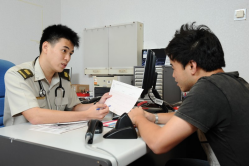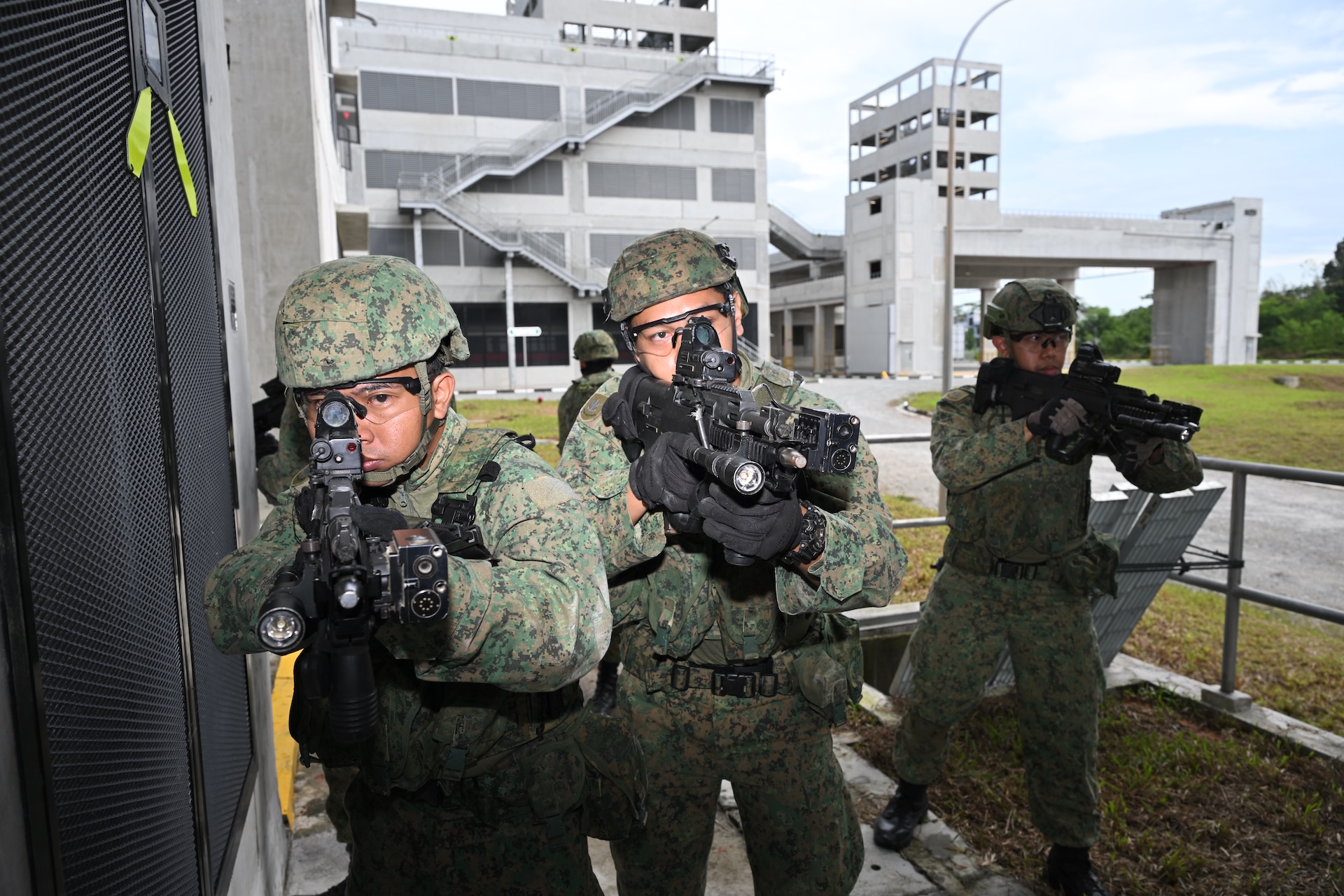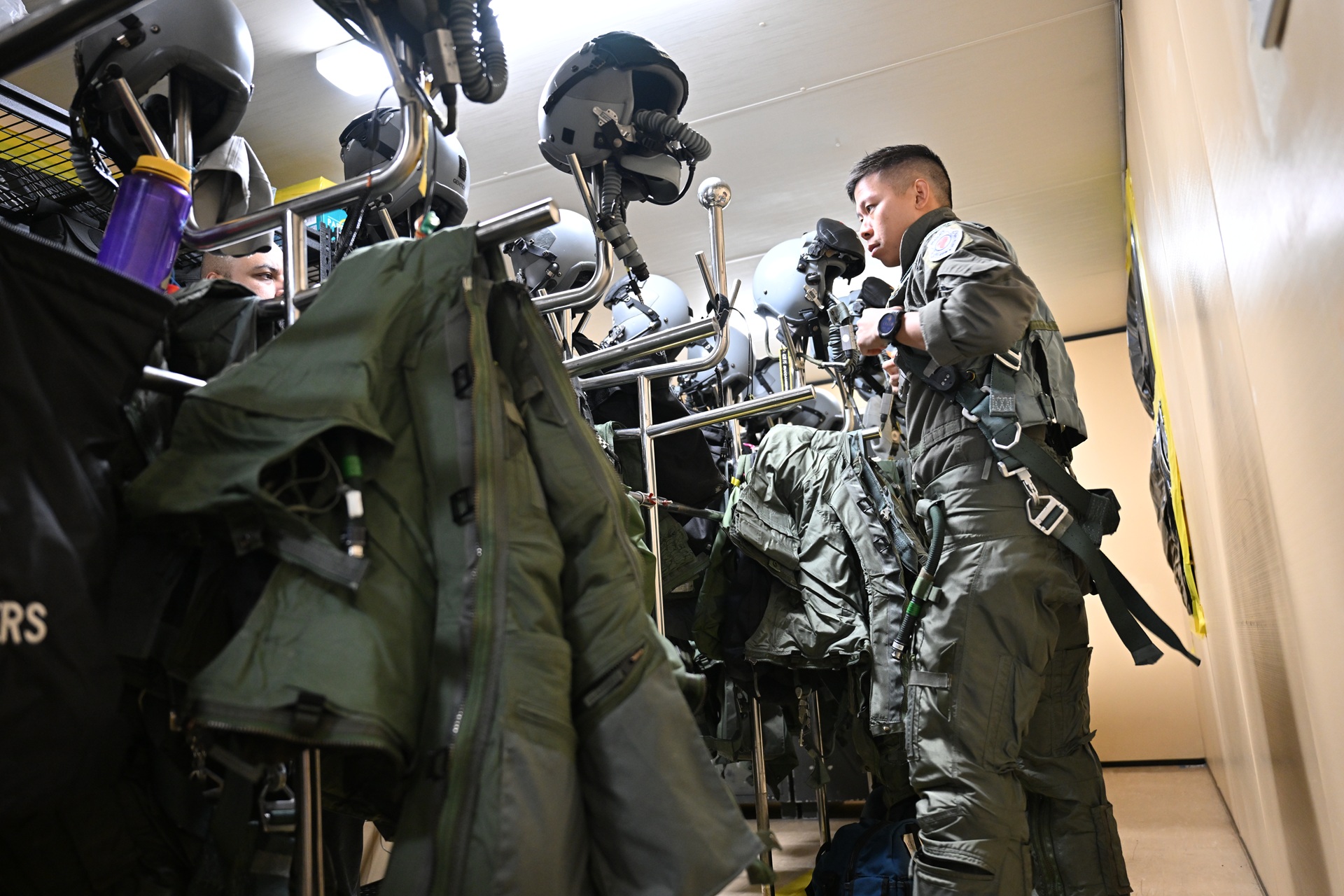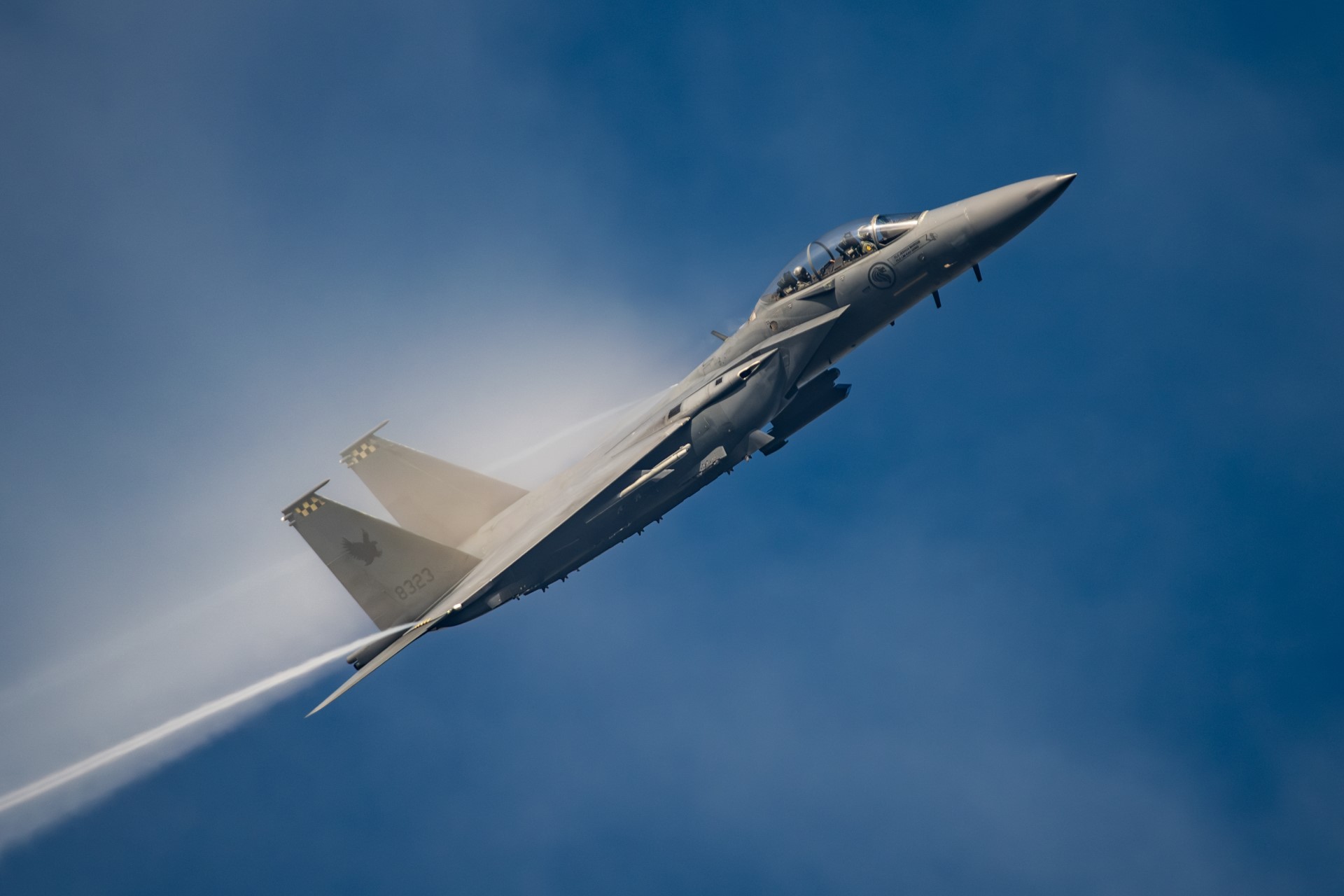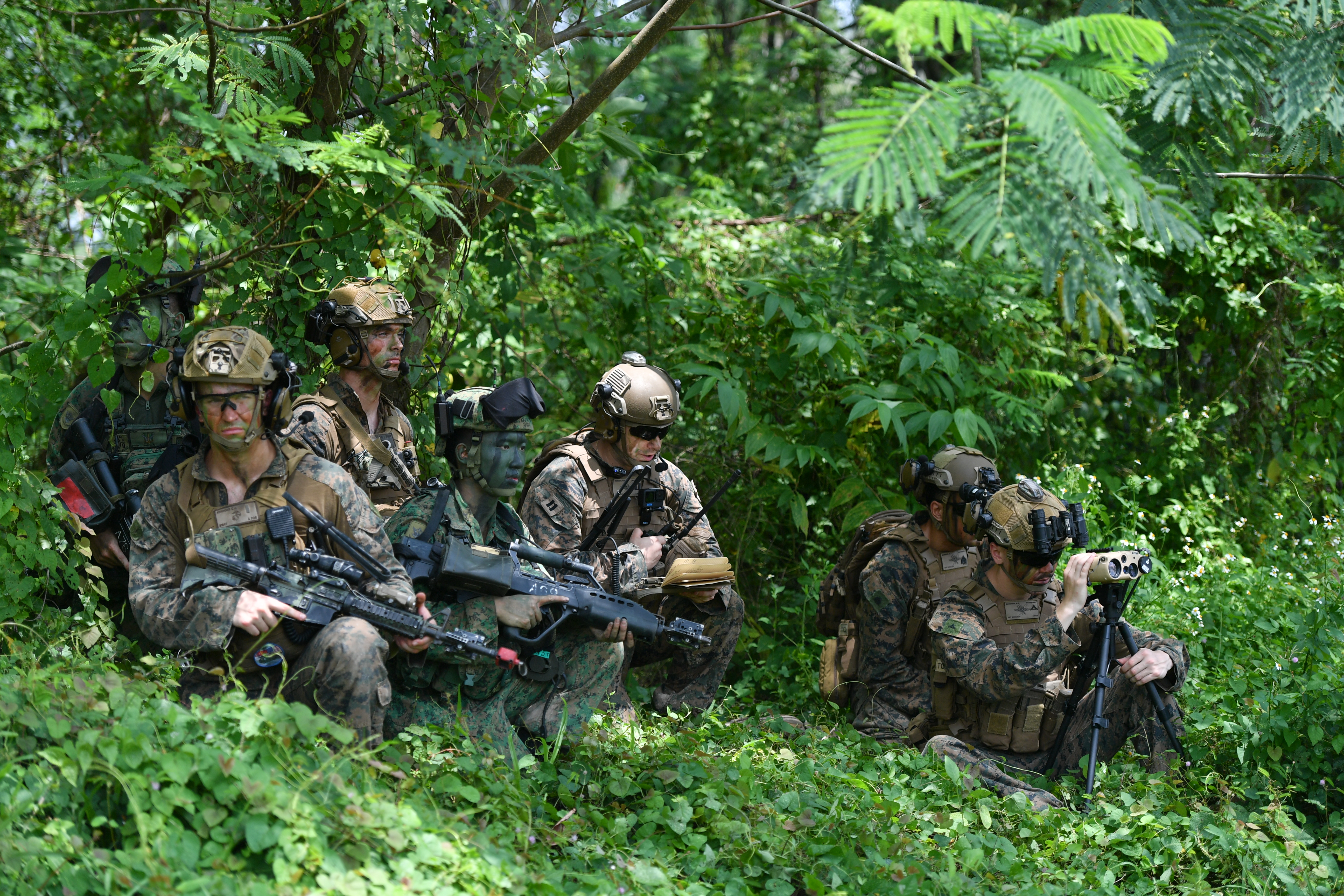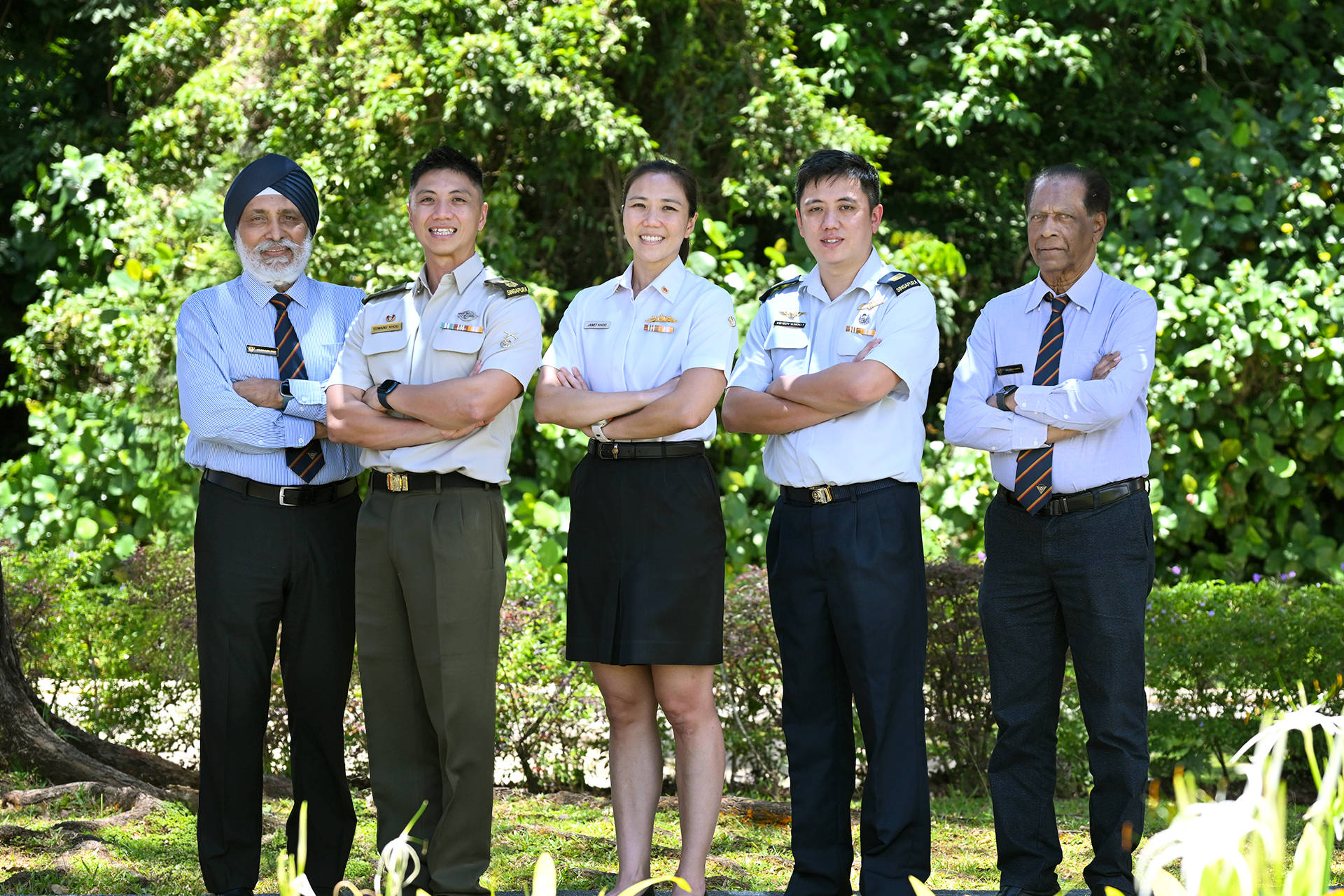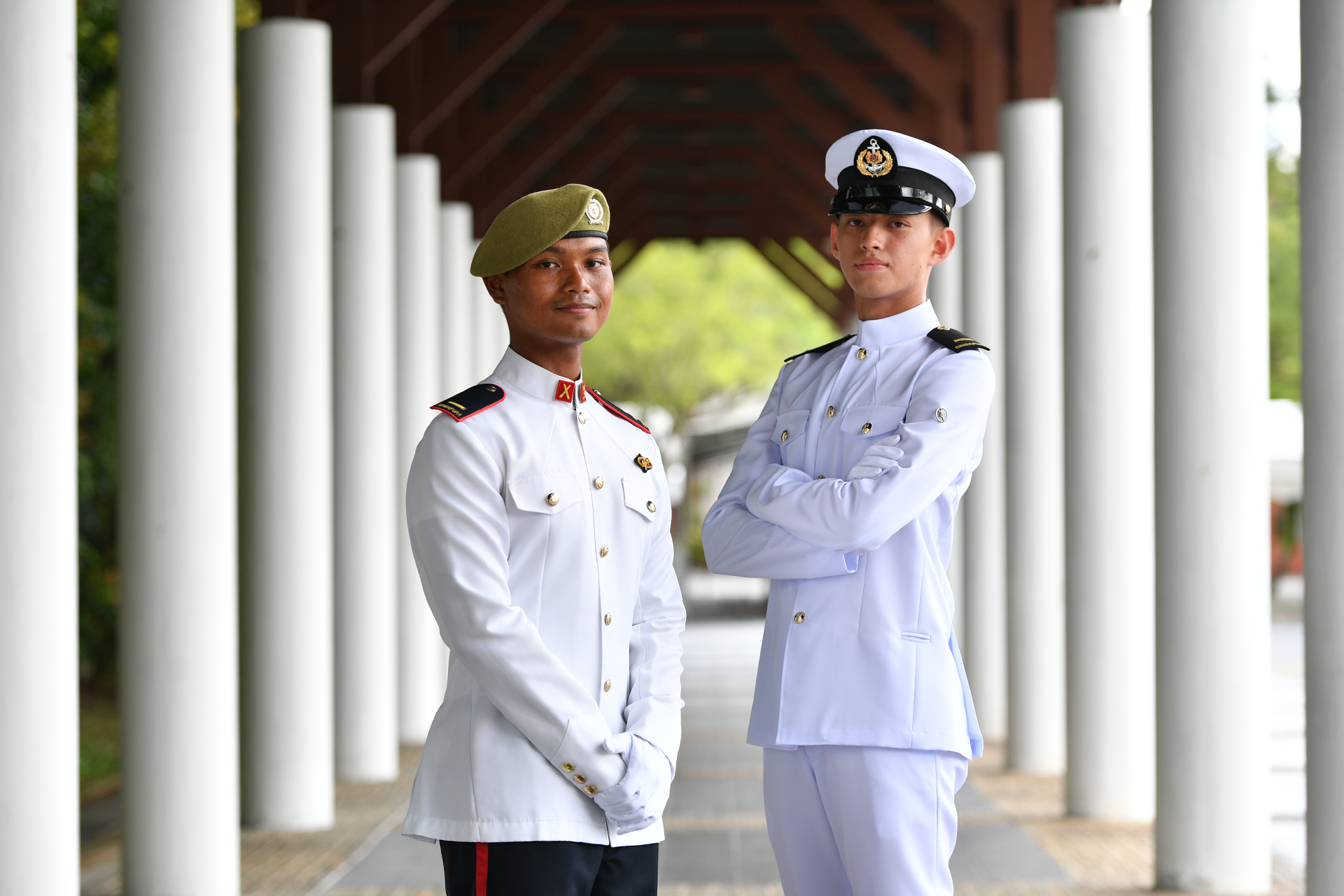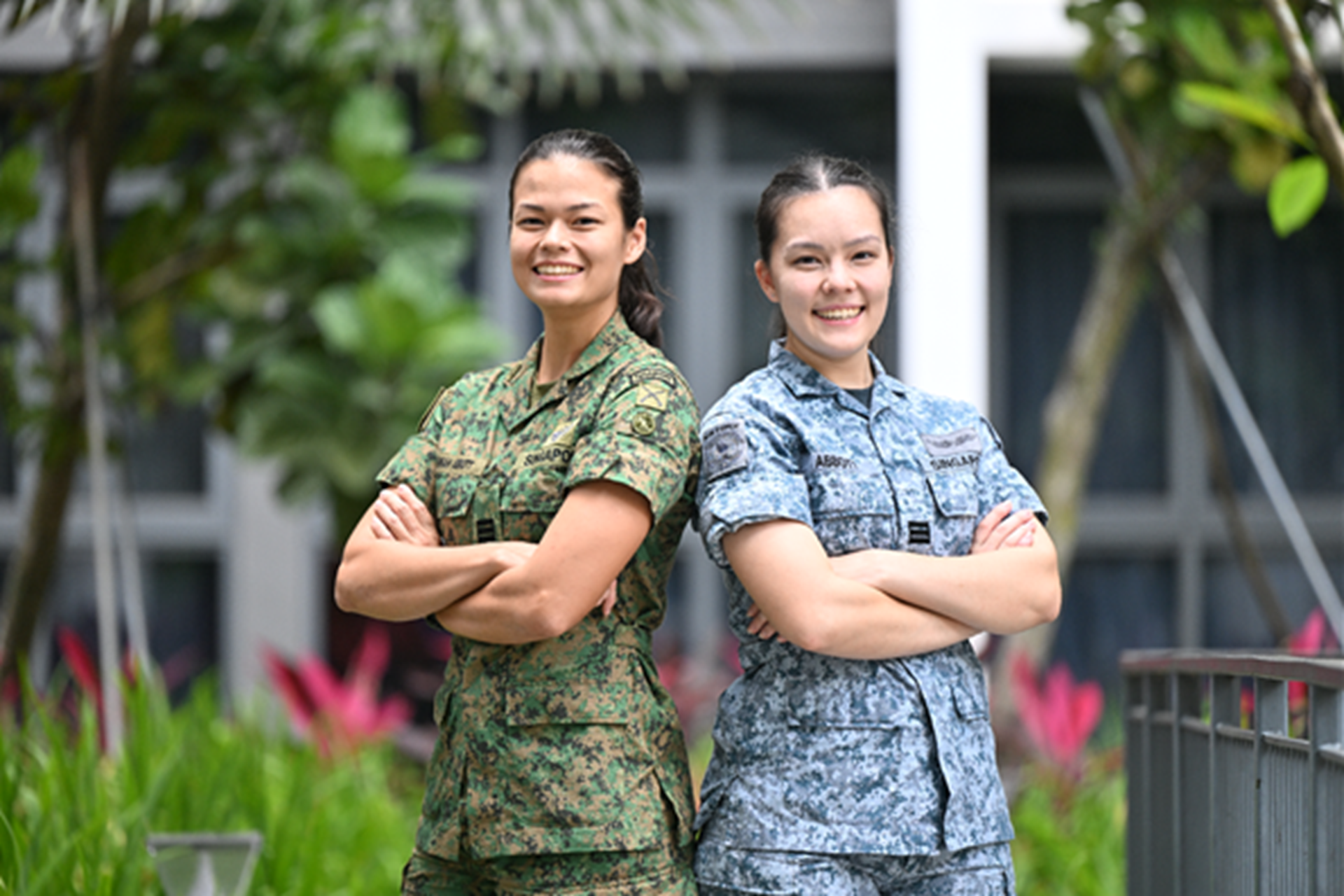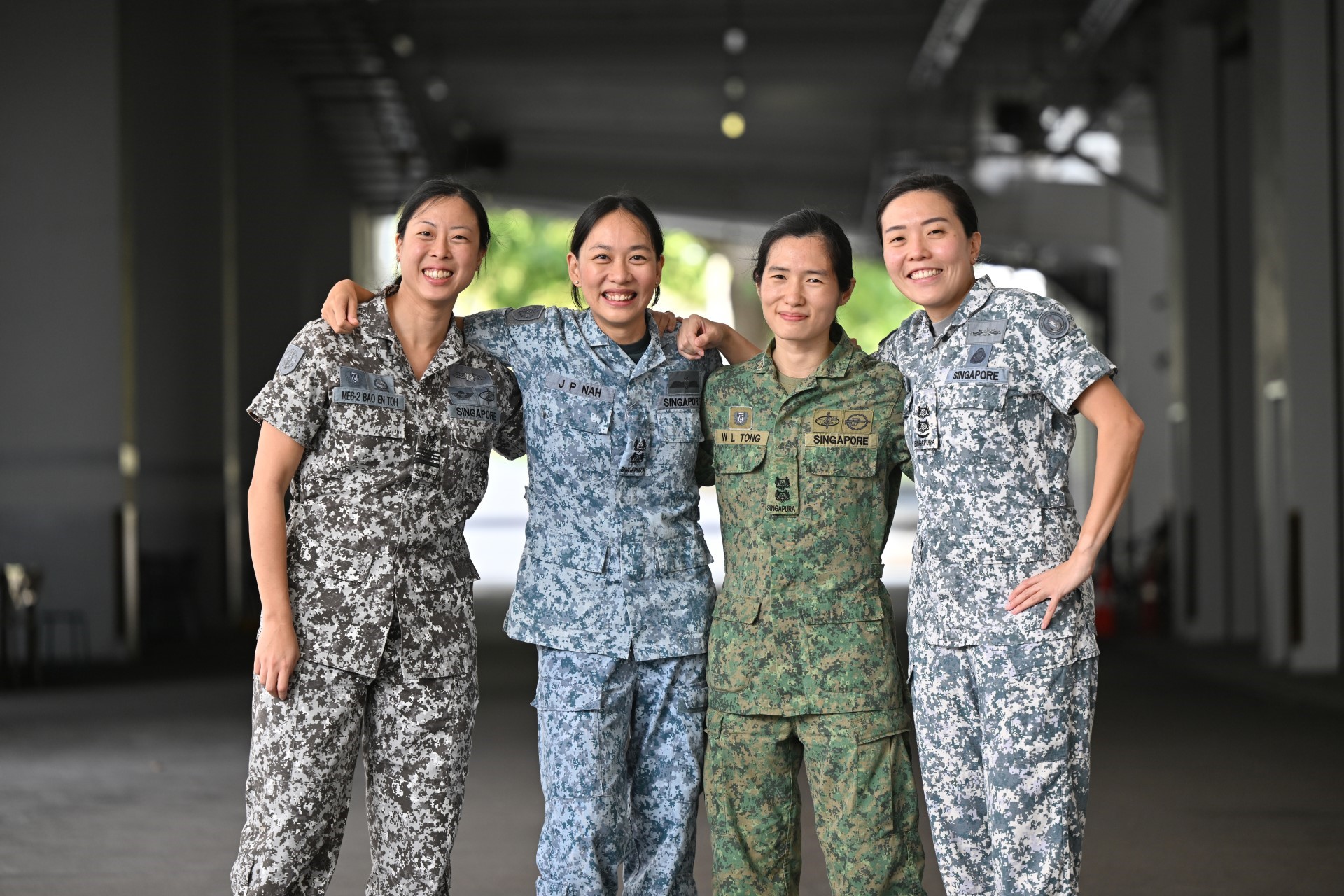GETTING SCREENED FOR NATIONAL SERVICE
PHOTO // Chua Soon Lye // Model CPL Phelan Phua
Not quite sure what to expect at your medical check-up before enlisting for National Service (NS)? PIONEER walks you through the stations at the Medical Classification Centre (MCC).
Different vocations in the military require varying levels of medical fitness. To ensure that the Singapore Armed Forces (SAF) match servicemen to military duties appropriate for their medical statuses, all pre-enlistees go through medical classification at the MCC before they embark on NS.
Commanding Officer of the MCC Lieutenant Colonel (LTC) (Dr) Adrian Tan explained that the classification enables the SAF to deploy its soldiers in areas where they are able to perform optimally and train safely.
Stressing that the MCC takes a careful approach to servicemen's well-being, LTC (Dr) Tan, who is also an orthopaedic surgeon, said: "For pre-enlistees with existing medical conditions, we can ask for updated information from their doctors. If necessary, we will refer them to external specialists for further evaluation.
"The SAF medical system is very much a part of the national health-care ecosystem, and we work together to bring the best health care to our soldiers."
At least once every three years, the SAF medical classification system undergoes a thorough review, in consultation with a panel of senior external medical specialists from public and private health-care institutions.
Should new and relevant medical evidence surface, reviews of the relevant medical standards are carried out before the stipulated three years.
Commenting that the medical classification system in the SAF is robust and up-to-date, Head of National University Hospital's (NUH's) Division of Respiratory and Critical Care Medicine Professor Lim Tow Keang, who is part of the reviewing panel, noted that it was benchmarked against established national and international guidelines and clinical best practices.
He said: "I have advised them (the SAF Medical Corps) for a number of years now, and I can see how they have improved and refined the system over time."
The six stations of medical screening:
After completing all the tests at the stations, pre-enlistees will be seen by a medical officer, who will go through their medical history, perform a physical examination and review their results before issuing them with a provisional Physical Employment Standard (PES) grading.
If no further evaluations are needed, the grading will be confirmed after a review by two other medical officers. Pre-enlistees with conditions that require further investigation will be referred to external specialists.
1) Laboratory
To determine blood group and haemoglobin levels for blood disorders such as anaemia, blood samples are taken by certified phlebotomists, who are trained to draw blood from patients for various lab tests and procedures. Urine samples are also collected to test if the kidneys are functioning properly. [video]
2) Eye
Master eye (dominant eye), visual acuity (clarity of vision) and colour perception are tested using tools such as alphabet charts and diagrams that show numbers on coloured blots. Should specific eye examinations be required, the doctor will perform detailed checks using a slit lamp machine, which is also used in eye departments of hospitals. [video]
3) Ear, Nose & Throat
To detect hearing impairments, an audiometry test is carried out. Pre-enlistees sit in a soundproof booth while sounds of varying frequencies and intensities are emitted. The doctor will also examine pre-enlistees with histories of ear, nose and throat conditions. [video]
5) X-ray
Using the advanced DRX-Evolution (pictured) purchased last year, a standard chest X-ray is taken to screen for heart and lung abnormalities. This station also has digital long spine imaging capabilities that can screen pre-enlistees who may have scoliosis, which is an abnormal curvature of the spine. [video]
4) Dental
A dental officer performs dental charting, and notes the teeth's characteristics, which can be used to distinguish one person from another. If there are no specific features, a dental X-ray will be conducted. [video]
6) Clinical Examination
Height, weight, body mass index, body fat analysis, heart rate and blood pressure are measured at this station. Pre-enlistees also go through a standard 12-lead electro-cardiogram to detect cardiac abnormalities. [video]
